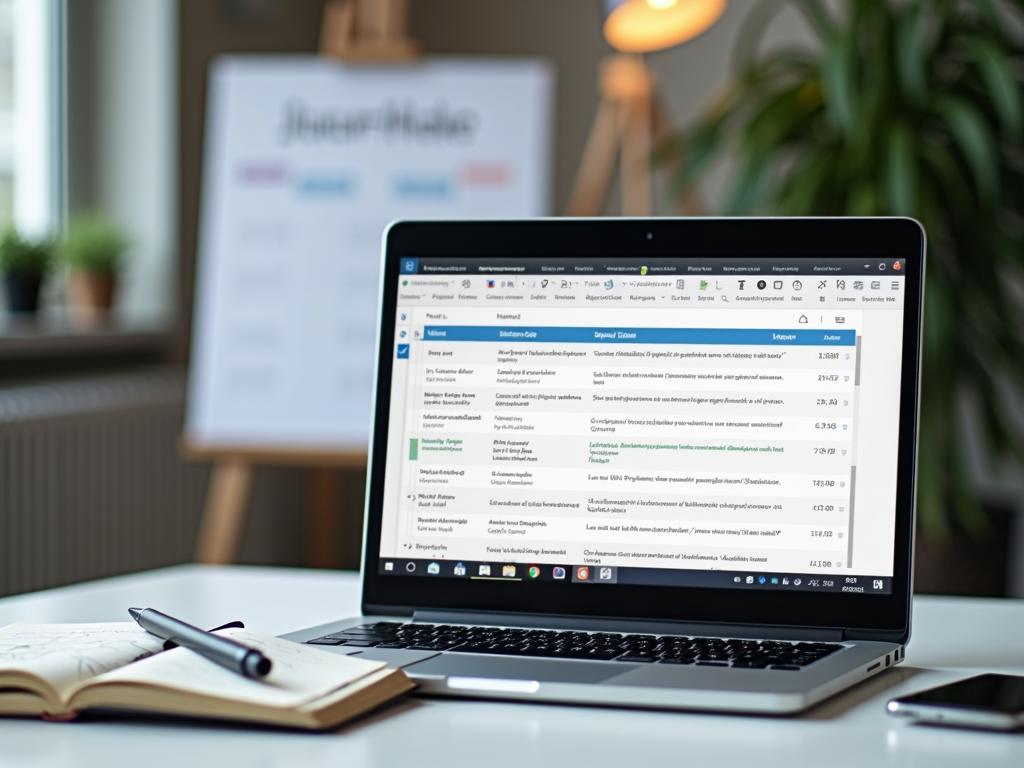The income tax declaration can be a real jungle for investors and private savers, but with the right tips and tricks, it becomes a walk in the park. Discover how to save cash through targeted deduction of professional and extraordinary expenses while keeping an eye on deadlines. Our guide will show you how to efficiently and simply complete your tax declaration to maximize your tax benefits. The following chapters provide valuable information on the best deduction tricks and how to simplify the submission of your tax declaration.
Strategies to Reduce Tax Liability: Proper Use of Professional Expenses and Extraordinary Expenses

In the 2023 tax declaration, professional expenses and extraordinary expenses provide valuable opportunities to significantly reduce the tax burden. These two categories should be used strategically to save cash. Professional expenses include those expenses that are directly related to your work activity. This especially includes travel expenses to work. Here, you can apply an allowance of 30 cents for every kilometer traveled and, starting from the 21st kilometer, even 38 cents. Accurate recording of kilometers is crucial for determining the maximum possible allowance.
Home office expenses can also be deducted, which can offer significant savings, especially during times of increased remote work. If you can demonstrate the use of your home office, allowances as well as specific expenses, such as 20 euros per month for phone and internet costs, are deductible. Keep in mind that supporting documents are required for higher deduction amounts.
In job application situations, expenses for resumes, portfolios, or travel expenses can be deducted as professional expenses. The same applies to professional training courses and specialized literature, which is particularly advantageous for professionals who require continual training.
Extraordinary expenses, on the other hand, include private costs that are fiscally subsidized. These include expenses for health insurance, childcare, and retirement, which fall under the concept of pension expenses. Donations and church tax payments, which are completely deductible, are also of particular importance. Childcare expenses allow parents to declare two-thirds of their costs, but a maximum of 4,000 euros per child per year, as taxable expenses.
To ensure complete tax savings, all receipts for extraordinary expenses should be collected and kept. This is true even if immediate submission to the tax office is not necessary. Additionally, by using tax management apps or software, you can ensure that all potential deductions are properly considered, without wasting time on complicated tax situations. Accurate recording and reporting of these expenses can make the decisive difference for your financial advantage at the end of the year and should be carefully planned.
Deadlines and Digital Submission of the 2023 Tax Declaration: Efficient for Tax Success
Accurately adhering to the deadlines for the 2023 tax declaration is essential to avoid possible penalties and ensure tax benefits in a timely manner. In Germany, the deadlines are clearly defined: those required to submit the declaration have until September 2, 2024. If a tax advisor is assigned, this deadline automatically extends to June 2, 2025. Taxpayers who wish to voluntarily submit a declaration can do so until December 31, 2027.
Digitalization has greatly simplified the income tax declaration process. Electronic submission, preferably through the ELSTER portal, is now considered standard. This platform allows for secure and structured transmission of relevant data to the tax office. Additionally, there are tailor-made tax software and apps that offer comfort and efficiency. Well-known applications guide users step by step through the submission process and provide valuable tips for optimizing the tax burden. These digital assistants not only save time but also reduce the error rate thanks to automatic plausibility checks.
Despite the digital facilitation, patience is necessary: after submission, it may take 5-8 weeks before the tax assessment is issued. Delays are possible, especially if the tax office needs additional information. To avoid extensions, it is advisable to clarify the financial situation in advance.
In the event of unforeseen circumstances that make timely submission impossible, an extension is only allowed in exceptional and well-justified cases. A written request is required, and the clear exposition of circumstances, such as prolonged illness, is essential. Therefore, timely requests for such extensions are of great importance to avoid penalties and to have peace of mind for tax strategies.